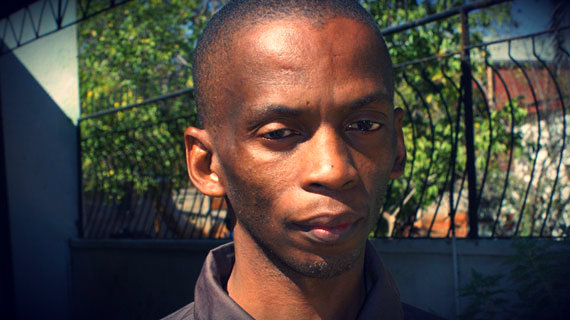
ONE of the biggest challenges that the continent has faced since slave trade days is the enormous challenge of the net loss or exportation of human resources.
Today thousands of Africa’s best engineers, lawyers, scientists and economists are no longer resident in Africa, but are found in the capitals of France, the United States, Canada and the United Kingdom.
How will Africa deal with the brain drain and how can the continent cope with rapid globalisation and the diminishing strength of geographic nation states?
There is no debate or question about the incredible human talent that the continent possesses in abundance from Cape to Cairo. Historically and currently, Africa has always had brilliant leaders blessed with academic acumen and with quite a number, including the Zimbabwean head of State, boasting a string of degrees.
In fact, the first government of independent Zimbabwe had more than 10 PHD holders.
The problem of Africa is, therefore, not academic poverty, but the failure to convert that knowledge, intellect and academic energy into practical socioeconomic development.
African scholarship and academic leadership is useless as long as it does not result in the transformation of standards of living of the people of Africa.
Prominent African scholar George Ayitey said the problem of Africa is that of functional illiteracy which he defined as the failure to translate academic or technical knowledge to practical action.
- Chamisa under fire over US$120K donation
- Mavhunga puts DeMbare into Chibuku quarterfinals
- Pension funds bet on Cabora Bassa oilfields
- Councils defy govt fire tender directive
Keep Reading
He eloquently argues that Africa has more than enough professors, doctors, universities and academic debates, but what is lacking is praxis.
The tragedy is that Africa is not taking enough time to reflect, but it continues to mass produce graduates who at times are not able to interrogate and improve their conditions.
I am not against the building of more universities, but what is more critical is the quality, relevance and craft competence of the people produced.
One of the most critical challenges the continent faces is that of rapid globalisation and digitalisation contrasted against slow regional and continental integration.
Vertical integration a result of technological advances, makes it easier for a company or individual in Mutare, Zimbabwe to order a laptop from eBay or a car from Japan without even thinking twice or blinking in considering a similar product from South Africa or elsewhere.
The advent of information communication technology has made it easier for African countries to trade with Europe or Brazil, Russia, India, South Africa (the Brics) and the United States at the expense of lateral trade relations with each other.
Capital and goods can be moved from one part of the planet to another at the mere click of a button and the fact that the continent still continues to lag behind in terms of the digital gap means that Africa is paced at a great disadvantage.
Geographical location in this age of technology is important, but the reality of globalisation is that what is more important is harnessing of information communication technology and bridging the digital gap.
We need to start imaging Africa not just as a geographic space, but as a virtual concept which embraces Africans in the Diaspora as part of the socioeconomic development of the continent.
Africa as a virtual concept would bring on board African scholars, scientists, entrepreneurs and social scientists wherever they may be.
We do not need to have them to be physically in Africa, but we can still benefit from their skills, ideas, research and innovation through information communication platforms.
Some may argue that these people are not tax payers or rate payers, but empirical evidence suggests that remittances from the Diaspora account for a significant proportion of revenue in African countries.
Africa can still benefit from the creativity, innovation and scientific pace of Africans beyond the borders of the continent.
In addition, African scholars and leaders need to use practical leadership.
Importantly, the continent should build a strong scientific and technological base.
Afrocentric innovations which are of global relevance need to be encouraged.
Next week I will dwell on the phenomenon of the African global citizen as a new concept which needs to be understood and managed.
Let us start reimagining Africa!
Dumisani Nkomo is an activist, social commentator and chief executive officer of Habakkuk Trust. He writes in his personal capacity.










